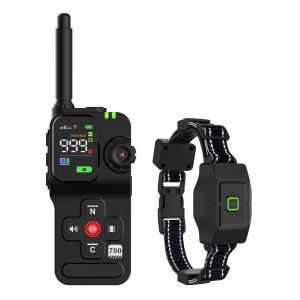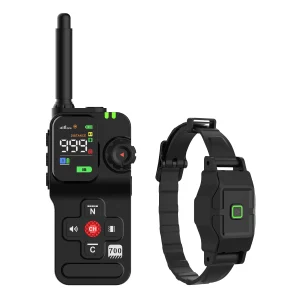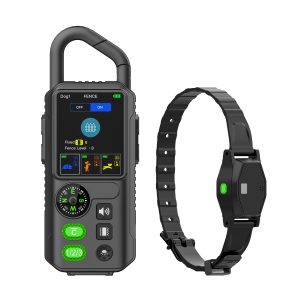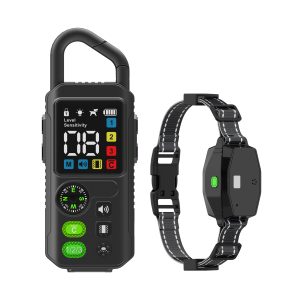Troubleshooting Your TBI Bark Control Collar: Why It Might Not Be Working
So, you’ve invested in a TBI bark control collar to manage your dog’s excessive barking, but you’re facing issues with its functionality. Before giving up on the collar, consider troubleshooting the following common problems:
Dead Batteries
One of the most common issues with bark control collars is dead batteries. Ensure that your device has fresh batteries and that they are correctly installed.
Incorrect Sensitivity Settings
The sensitivity settings on your collar might not be appropriate for your dog’s bark behavior. Adjust the settings to match your dog’s temperament.
Interference
Electromagnetic interference from other devices can disrupt the functionality of your bark control collar. Keep it away from electronic devices to avoid interference.
Loose Fit
Make sure your dog’s collar fits snugly without being too tight. A loose fit can prevent the sensors from picking up vocalizations accurately.
Check the Sensors
Inspect the sensors on the collar for any dirt, debris, or damage. Clean them gently with a soft cloth and ensure they are in good working condition.
Environmental Factors
Inclement weather or environmental noise can trigger false positives on the bark control collar. Be mindful of the surroundings when using the device.
Training
Lastly, ensure that your dog is properly trained to understand the purpose of the collar. Inconsistent use or lack of training can result in the collar not working effectively.
By addressing these common issues, you can troubleshoot your TBI bark control collar and get it working effectively to manage your dog’s barking behavior.
Remember, every dog is unique, so it may take some trial and error to find the right solutions for your furry companion.




